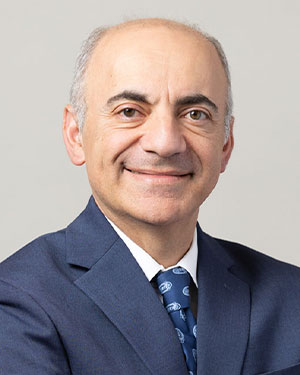Ramin Davidoff, MD, on value-based care and how it benefits older adults.
Nkem Chukwumerije, MD, writes in Harvard Business Review that inclusive language promotes health equity

Using inclusive language and avoiding labels that equate people with their medical conditions, such as “hypertensive” or “diabetic,” can lead to better health outcomes and reduce bias and disparities, wrote Nkem Chukwumerije, MD, MPH, FACP, president and executive medical director of The Southeast Permanente Medical Group, in the Harvard Business Review.
Dr. Chukwumerije, who serves as The Permanente Federation’s national leader for equity, inclusion, and diversity, also shared 6 principles of inclusive communications that he encourages clinicians to keep in mind.
Among those principles is remembering that patients may belong to more than one group and therefore have overlapping health and social inequities. “Likewise, there is diversity within groups,” he wrote. “Kaiser Permanente research found that people from different parts of Asia had significantly different prevalence of chronic conditions such as diabetes, hypertension, and heart disease.”
Related story: “Webinar: Permanente Live – The future of equitable care”
In addition, he underscored the importance of providing easy-to-understand health education materials in the languages that patients speak, and he suggested resources for more inclusive communications, such as guidelines from the Centers for Disease Control and Prevention and the American Medical Association.
“As we understand and address the inequities, structural racism, and injustices experienced by marginalized populations we serve, health equity has become a watchword of modern health care,” he wrote. “With that comes a commitment to providing equitable – as well as high-quality and accessible – health care, and a responsibility to choose our words carefully when communicating with our patients.”
Note: To read the entire opinion piece, visit the Harvard Business Review site.
Related story: “PermanenteDocs Chat on health equity”


